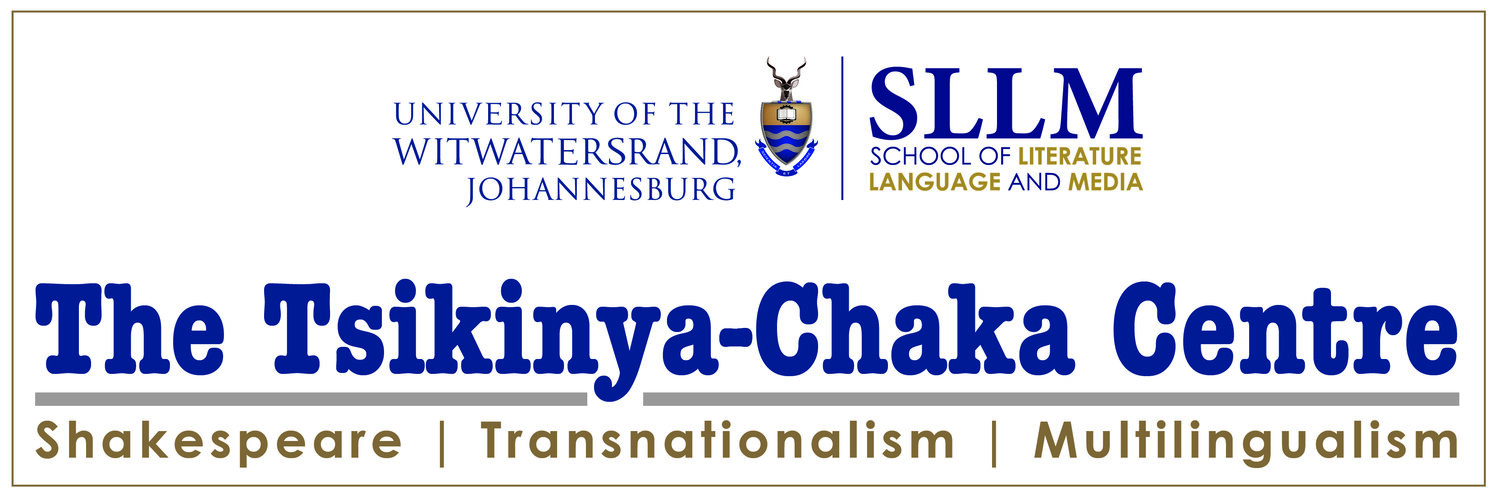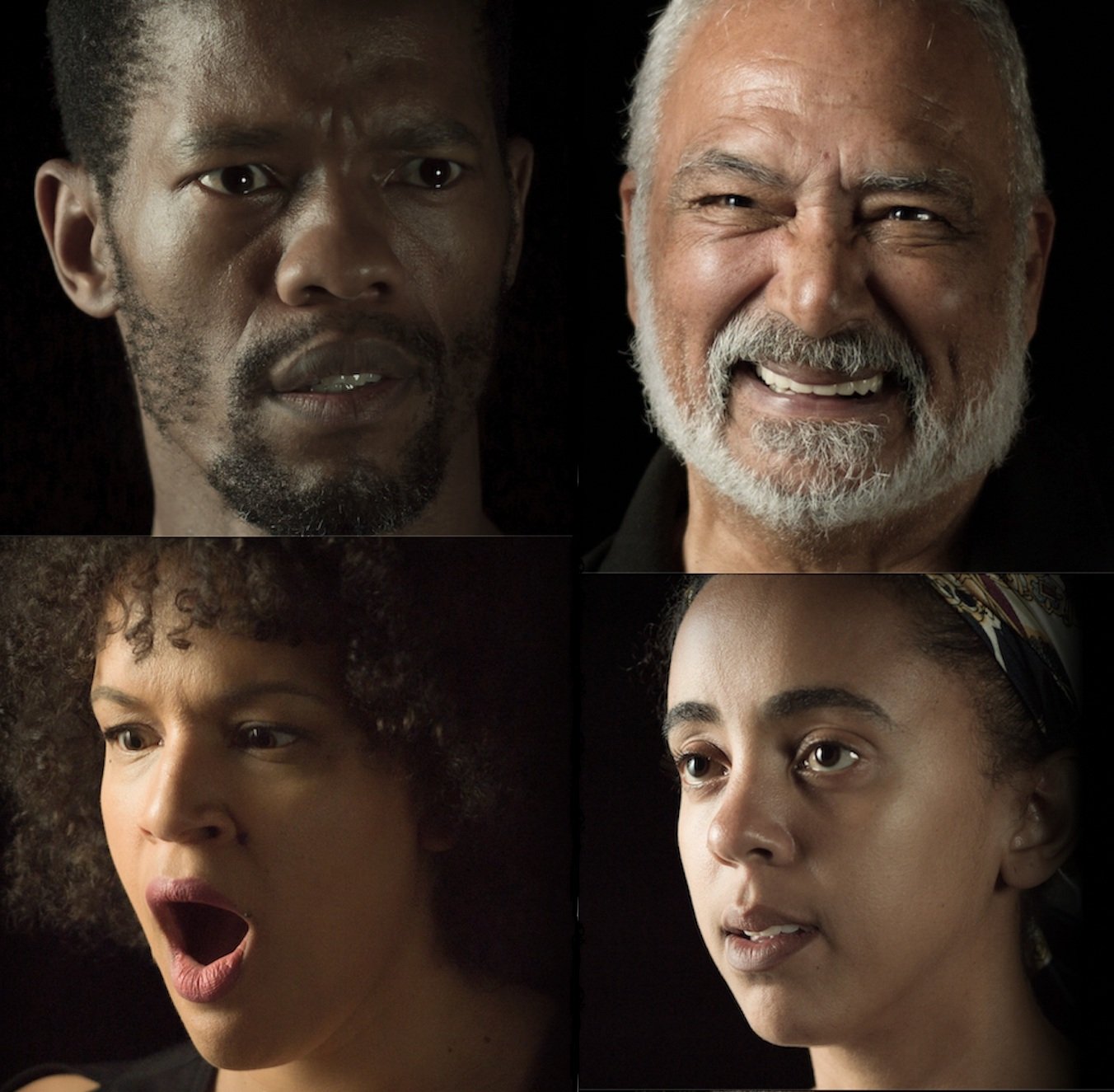Speak Me A Speech - website and screenings
If you’ve been following the TCC’s news feed over the past few months, you’ll know that we have a special partnership with CineSouth Studios. Together with filmmaker Victor van Aswegen, we are co-producing Speak Me A Speech: a film project in which “Shakespeare meets the contemporary world in South Africa’s many languages”.
We are pleased to announce the launch of the Speak Me A Speech website, which includes brilliant performances by Anelisa Phewa, Buhle Ngaba, Chantal Stanfield and Royston Stoffels. So far there are five Shakespeare monologues in three languages - isiZulu, Setswana and Afrikaans - and that’s just the start! Over the next year, those numbers will grow to 35 speeches in 11 languages.
Speak Me A Speech is not only an online platform but also a documentary feature in development. The film will combine multilingual monologue performances with actors’ reflections on the creative process, on translation practice and performance choices, on what it means to find a voice in or through (or despite) Shakespeare. It is no exaggeration to state, as the website boldly declares, that the film will be “a high-water mark in the history of Shakespeare in South Africa, and a unique contribution to the global body of filmed performances of his work in translation”.
We’re starting a Shakespearean revolution, and we want you to be part of it!
Delegates at the recent Shakespeare Towards An End conference at Spier (co-hosted by the TCC and the Shakespeare Society of Southern Africa) were fortunate to get a sneak preview of some of the speeches as part of the conference programme. Now, we are taking Speak Me A Speech to a wider audience.
Thanks to the generous support of Easy Equities, there will be two free work-in-progress screenings at this year’s Toyota US Woordfees. If you’re in the Western Cape, make sure you get to Stellenbosch on 10 or 13 October at 14:00!
You’ll have the chance to find out more about how Sir Thomas More’s anti-xenophobic speech to sixteenth-century Londoners finds new significance through Anelisa Phewa’s isiZulu translation; why Sol Plaatje’s Setswana version of Portia/Porotia’s monologue from Julius Caesar resonates with Buhle Ngaba’s family history and the women who fought in South Africa’s twentieth-century political struggles; what happens when Royston Stoffels’ Afrikaans Falstaff sends a cheeky WhatsApp message to Chantal Stanfield’s Mistress Page; and the many good properties Falstaff ascribes to a glass of sherry . . .
Vir ons Afrikaanse lesers: “Nuwe projek laat Shakespeare in Afrikatale leef” (Die Burger, 11 June 2023).
The Speak Me A Speech preview screenings at Woordfees are sponsored by EasyEquities and supported by Business and Arts South Africa.





